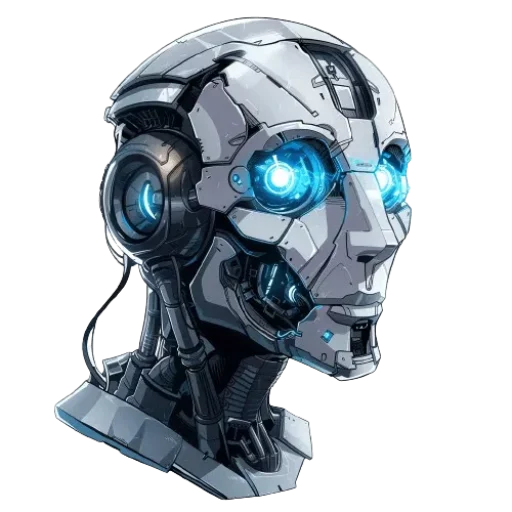Key findings
Customs and Border Protection Officers play a crucial role in ensuring national security and regulating the flow of goods and people across borders.
Despite advancements in Generative artificial intelligence (GenAI), the work of these officers is unlikely to be fully automated.
The unique nature of their tasks, which require a combination of critical thinking, social perceptiveness, and complex problem-solving skills, makes them less susceptible to AI disruption.
While GenAI may enhance certain aspects of their work, such as data processing and monitoring, the physical and interpersonal demands of the job will continue to require human intervention.
As technology evolves, automation may streamline administrative tasks, but the core functions of Customs and Border Protection Officers will remain essential for maintaining border integrity and ensuring effective security measures.
How could AI or automation replace or complement job activities?
AI, automation, and LLMs like Chatgpt could potentially assist in streamlining the tasks of Customs and Border Protection Officers.
They could help in processing immigration applications, analyzing documents for compliance, and providing information to travelers.
However, the complex nature of the job, which involves legal nuances and human judgment, means that complete automation may not be feasible.
For instance, AI could aid in flagging suspicious items during cargo inspections, but human intervention would still be necessary for decision-making in legal matters and handling sensitive situations requiring empathy and discretion.
Job description
Inspecting individuals, carriers, and goods entering or leaving the United States or traveling between states to find any violations of immigration and customs laws.



0 Comments